On New Year’s Eve, Jonathan Ferreri and I posted a teaser image for our upcoming co-written single, “Anchors.” The new song arose from the same process that created “Comatose,” our last single. Although the singles are credited under my brand, both arose from the spirit of collaboration.
Our process begins with a musical idea from Jonathan. He arranges a sound bed with guitars, drums, and bass. Often, the idea will contain a hint of melody or perhaps a countermelody for me to develop. We agree on the title of the song by way of a poll–we each come up with five proposed titles and then the title with the most votes wins. Working from a title helps me frame the lyrics around the provided sounds. “Comatose,” for example, invited sleep imagery where “Anchors” suggested a deep ocean scene. I develop a chorus first, trying to place the title within the main hook, and then I write verses and a bridge. The writing process ends with me sending a recording of a rough vocal over the original demo back to Jonathan.
Next, Jonathan builds, revises, and edits the original demo to the point where it’s ready for a final vocal. Often, this involves replacing MIDI drums with live drums. Here, Jonathan enlists the services of Chris Broome, a drummer and engineer who facilitates the transition and recording. Chris will enlist a bass player and Jonathan will re-record some guitars at Chris’s studio. Meanwhile, I’ll be working on recording a final vocal in my studio. Being tasked with vocal production, and only vocal production, has been liberating. When I’m tasked with doing everything, I find myself focusing on the big picture to the point where important minutiae gets overlooked.
Once we have all the parts ready, Jonathan and Chris mix the song at Chris’s studio. Although I am not present for the mix, I am in the loop and approve the final. With “Comatose,” there was just one blemish that I requested a polish on and volume ride in a section. With “Anchors,” I anticipate a similar process. After we have the final mix, we send the track to Joe Bozzi in Los Angeles for mastering.
Collaboration produces less revisions because more ears are working on the project. It’s probably the same number of personnel hours, but those hours are divided by the number of people working on the project. The end result is more efficient and more balanced, reflecting the views and tastes of several people rather than one, myopic view.

Great content! Keep up the good work!
Thank you.